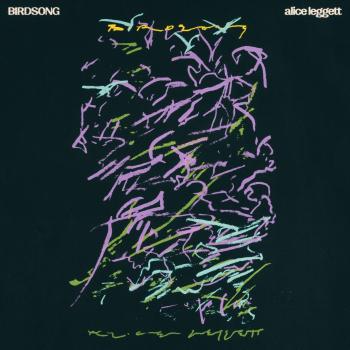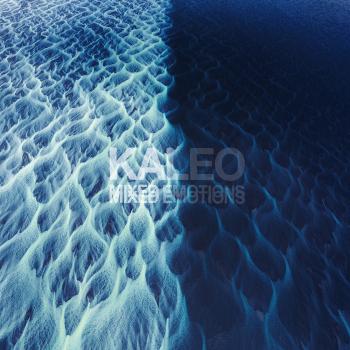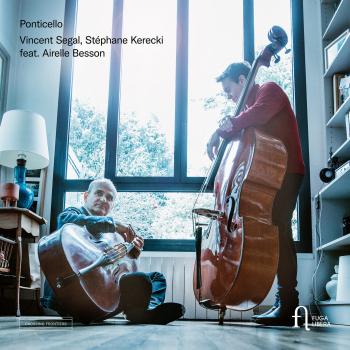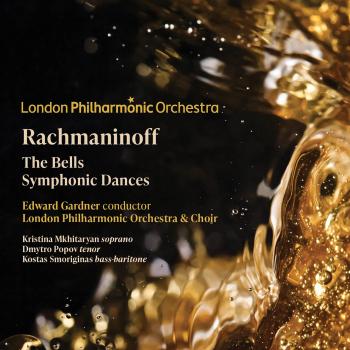
The Czech Philharmonic, performing the first time in concert as an independent ensemble in 1901, is today one of the very few European orchestras that produce and cultivate an independent sound in lieu of the increasingly brought in line "international" orchestral sound ideal. "Like a fairy tale from the old days", the Tagesspiegel is calling the review of a Czechs concert in Berlin in 2013, meaning the specific sound of the orchestra. It also says: "Prague at night? Immediately baroque facades appear in front of the inner eye, narrow streets, bathed in yellowish lantern light. This is exactly what the Czech Philharmonic Orchestra sounds like: the sound of the strings is very dense, with absolutely no edges, and the brass section is also compact. The musicians play with emotion and emphasis, yet even full-orchestral chords remain surprisingly soft. "In so far as the historical sound quality allows a judgment on the sound of the Czech Philharmonic on the occasion of the 1939 life recording of Smetana's" Má Vlast "(My Homeland) under their long-term boss Vàclav Talich, already at that time the sound description of the Tagesspiegel applies to the orchestra. For a second time, the Czech traditional orchestra has recorded the cycle of My Homeland with Karel Ančerl, pupil of Talich, and chief conductor from 1950 to 1968. Both recordings of "Má Vlast", the one with Vàclav Talich as well as the one with Karel Ančerl define, with all their diversity, an optimum interpretation of this work of Smetana, with which the composer pays tribute to his homeland in the form of programmatic landscapes, folkloric and historical tableaux. The exceptional position of these two recordings becomes obvious when compared to the recordings of younger orchestra chefs in the Talich and Ančerl succession: "Má Vlast" has never been more idiomatic than done by the two old masters. This is true even for the recording technique, which had reached a lonely climax in the case of Ančerl thanks to an ingenious recording team. This judgment refers to the original LP version, but not to the later-released CD of the Ančerl Gold Edition series, which unfortunately is a sad example of how an analog recording for digitization (in 2002) can be ruined by unqualified post-processing.
The recording of the Czech Philharmonic of "Má Vlast" under his last boss Jiří Bělohlávek (a pupil of Celibidache), who died in mid-2017 at the age of 71, cannot be accused sonic incompetence. On the contrary. Against the tonal opulence of this 2014 life recording appearing on Arte TV appearing time and again in the video format, which illuminates the independent "Bohemian" sound of the orchestra in full transparency, makes the Ančerl recording no jot. And the interpretation? This is superior to the previous recordings of former chiefs of the Czech Philharmonic, but does not match the rigor of the reference recordings by Talich and Ančerl. The strongest are here Šárka and Tábor, which are realized with adequate intensity and operatic aplomb. The most beautiful is Vltava (The Moldova). However, those who remember the historic recording with Ferenc Fricsay together with the rehearsal of the Moldova with the then Südfunkorchester, will miss the strong internal tension and structurally rousing narrative of the Hungarian. However, this comparison is unfair because neither Talich nor Ančerl are able to beat Ferenc Fricsay in terms of interpretation of Moldova.
The overpowering competition through historical interpretations of "Ma Vlast" should not cover, that this album not only sonically has its merits, but convinced with the joy of playing and the independent sound of the Czech elite orchestra.
Czech Philharmonic Orchestra
Jirí Belohlávek, conductor












